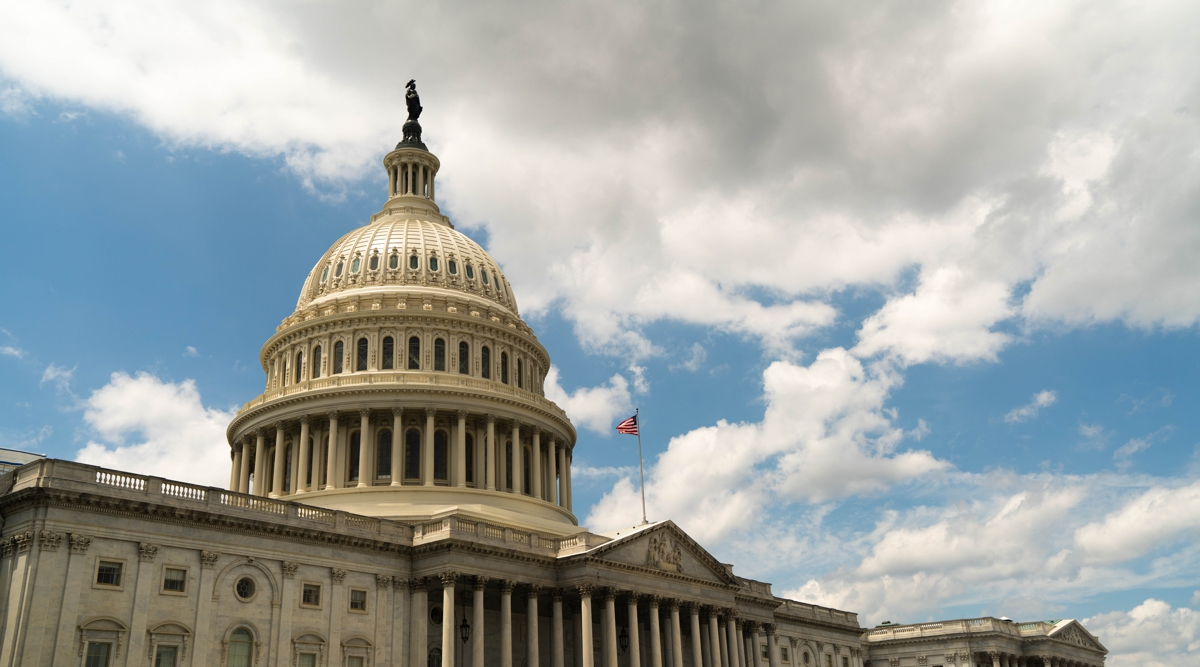Millions Will End the Year on a Positive Note As Congress Prepares to Pass An End-Of-Year Bill that Addresses Important Health Care Needs

Congressional appropriators announced on Tuesday an end-of-year omnibus spending package that will fund the federal government for the remainder of fiscal year 2023 and make significant strides in ensuring access to affordable health coverage moving forward. While the bill doesn’t include all of the priorities Community Catalyst and our partners had hoped to see, it does solidify important coverage policies for children and pregnant people in Medicaid and the Children’s Health Insurance Program (CHIP), while also making critical investments in mental health care and substance use disorders prevention, harm reduction, treatment and recovery.
Key Medicaid and CHIP Coverage Provisions
Throughout this year, Community Catalyst and our partners have called for much-needed policy change to stabilize health coverage for the millions of people who get their health care through Medicaid and CHIP, particularly for children, pregnant and postpartum people, and people re-entering their communities from incarceration. And this bill addresses all of those concerns, at least in part, by:
- Providing 12 months of continuous eligibility for children and adolescents up to age 19 in Medicaid and CHIP, starting January 2024, ensuring that millions of children have comprehensive health coverage year-round;
- Making permanent the American Rescue Plan’s state option to extend Medicaid and CHIP coverage to 12 months postpartum, a policy that 27 states have implemented so far and other states are actively considering;
- Allowing states to provide justice-involved youth with access to Medicaid and CHIP coverage 30 days prior to release from incarceration while requiring Medicaid and CHIP programs to provide eligible justice-involved youth with services for screening, diagnosis, and case management; and
- Extending funding for CHIP for an additional two years through 2028.
The bill also averts the Medicaid funding cliff faced by Puerto Rico and the U.S. Territories, providing an enhanced federal match for these inequitably funded programs for an additional five years.
Mental Health and Substance Use Disorders Provisions
This bill also addresses key gaps in mental health care and substance use disorders prevention, harm reduction, treatment and recovery that Community Catalyst, our Youth Advisory Board and other partners have been advocating for, including:
- Removing barriers to treatment for opioid use disorder by allowing medical providers to more easily dispense buprenorphine, an opioid use to treat opioid use disorder.This will help save lives, especially among communities of color where treatment disparities exist.
- Strengthening compliance with federal law requiring parity of services for substance use disorders and mental illness with physical illnesses by applying parity to state and local government self-insured plans, and providing grants to states for parity implementation. This will require some insurance plans to cover mental health and substance use disorder services equally to other aspects of health coverage.
- Providing guidance and coaching to states on building out a continuum of crisis care in Medicaid/CHIP, including for children and adolescents, and emphasizing culturally competent, trauma-informed care, and crisis de-escalation.
- $20 million per year expansion of training grants to build the behavioral health workforce, explicitly including pediatric providers.
Public Health Emergency Unwinding and Medicaid Redeterminations Provisions
Despite the provisions expanding and stabilizing Medicaid and CHIP coverage, the bill also sets a start date for the unwinding of Medicaid continuous coverage policies tied to the COVID-19 Public Health Emergency (PHE) that were put in place by the Families First Coronavirus Response Act in 2020. Specifically, the bill allows states to begin redetermining eligibility for Medicaid and CHIP enrollees starting April 1, 2023, regardless of the status of the PHE declaration.
States will be able to take a full year to initiate these redeterminations and renewals in order to avoid unnecessary coverage losses. The bill includes a number of mandatory public reporting requirements along with both incentives and penalties to ensure smooth transitions between coverage and to avoid disenrollment due to procedural issues like returned mail.
States will be eligible to receive enhanced federal matching funds during this unwinding that gradually phase down through the end of 2023. However, in order to receive this additional funding, they must comply with federal requirements to use multiple data sources for ensuring up-to-date contact information and multiple modes of communication to contact individuals for whom mail is returned.
In addition, all states must comply with public reporting and transparency requirements by providing data throughout the redetermination process on eligibility renewals, terminations of coverage and transitions from Medicaid and CHIP to marketplace coverage as well as call center statistics. States that fail to comply with these reporting requirements will face a quarterly financial penalty. Furthermore, if for any reason, the Department of Health and Human Services (HHS) determines a state is in compliance with federal requirements, HHS can halt redeterminations and impose a corrective action plan.
Still, despite these safeguards and incentives, advocates will need to be vigilant in encouraging a careful wind-down of the Medicaid continuous enrollment policies and collaborate with community partners to ensure that Medicaid and CHIP enrollees have the best information available during this process.
What’s Next?
Congress is expected to pass the omnibus this week and Community Catalyst will continue to provide analysis and resources on the important policies in this legislative package moving forward. While there are many wins in this bill that will advance health equity, we still have much work left to accomplish moving into the new year. Congress must do more to address the Black and Indigenous maternal health crises, protect access to reproductive health care, and provide services to adults transitioning back into communities from incarceration – a disproportionate number of whom are Black and Brown. And, of course, addressing the Medicaid coverage gap remains a top priority for Community Catalyst as we build out our policy agenda for 2023.